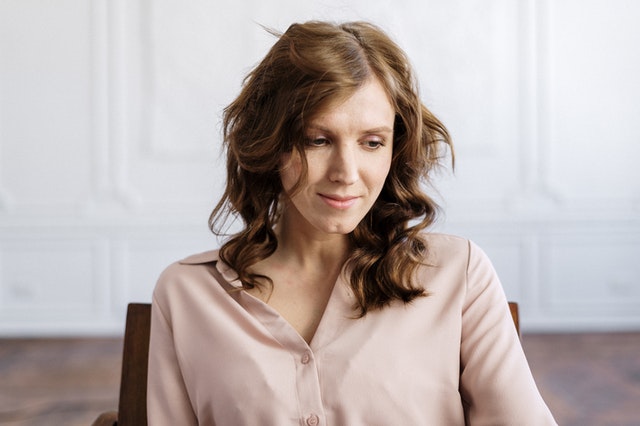A Day in the Life of a Women’s Support Practitioner

The real start to my working day is probably as soon as I switch on my work phone. Some days it will be clear but often there can be messages left by the women I support. They may have had an evening where they have struggled with family or partner relationships. Yesterday I had a message from a woman who had argued with her mum (who she lives with along with her own children) and said she couldn’t carry on. She has a history of self-harm so I was worried about what might have happened overnight. As soon as I could, I called her – she was safe and feeling better having used some of the techniques we had practised to calm her emotions. I then informed the Council’s Early Help team so they were aware of the situation.
Once any messages from the evening are followed up, I start my day. Sometimes that might be check-ins with up to 10 women where I listen to any arising issues and work with them to develop plans to overcome them. Other days I will have hour long sessions scheduled with around 4 women where we work on specific elements of their long-term goals. This could be managing their emotions, talking through their past to understand how it is impacting their current life or more practical things like managing household finances on a low income; finding legal advice to help with custody issues and very often, help to navigate social housing and secure safe accommodation.
In between my appointments, yesterday I supported a client in an emergency. She has been viciously physically and sexually abused by her partner for a number of years. Yesterday this resulted in a broken shoulder and internal bleeding. I needed to organise refuge accommodation to keep her safe and liaise with other statutory agencies including the Police and mental health teams.
Towards the end of the day, I provide help to a client who has been put into an emergency temporary flat with her children (after being assaulted by her husband). There is confusion over her immigration status and whether she is entitled to social housing. She has been told that her children will be removed if she cannot secure housing. I advocate for her with the social care team to explain her situation and agree a resolution so that this does not happen. The meeting is very emotional.
By the end of the day I am exhausted but I need to make sure I have recorded all my case notes – you never know when these will be needed. I love my job and the fact I can help so many vulnerable women in the local community but some days it can be overwhelming.
There are so many local women and children that need our help just to meet the most basic of human needs; to feel safe, with enough food and a roof over their heads. Things most of us take for granted.
